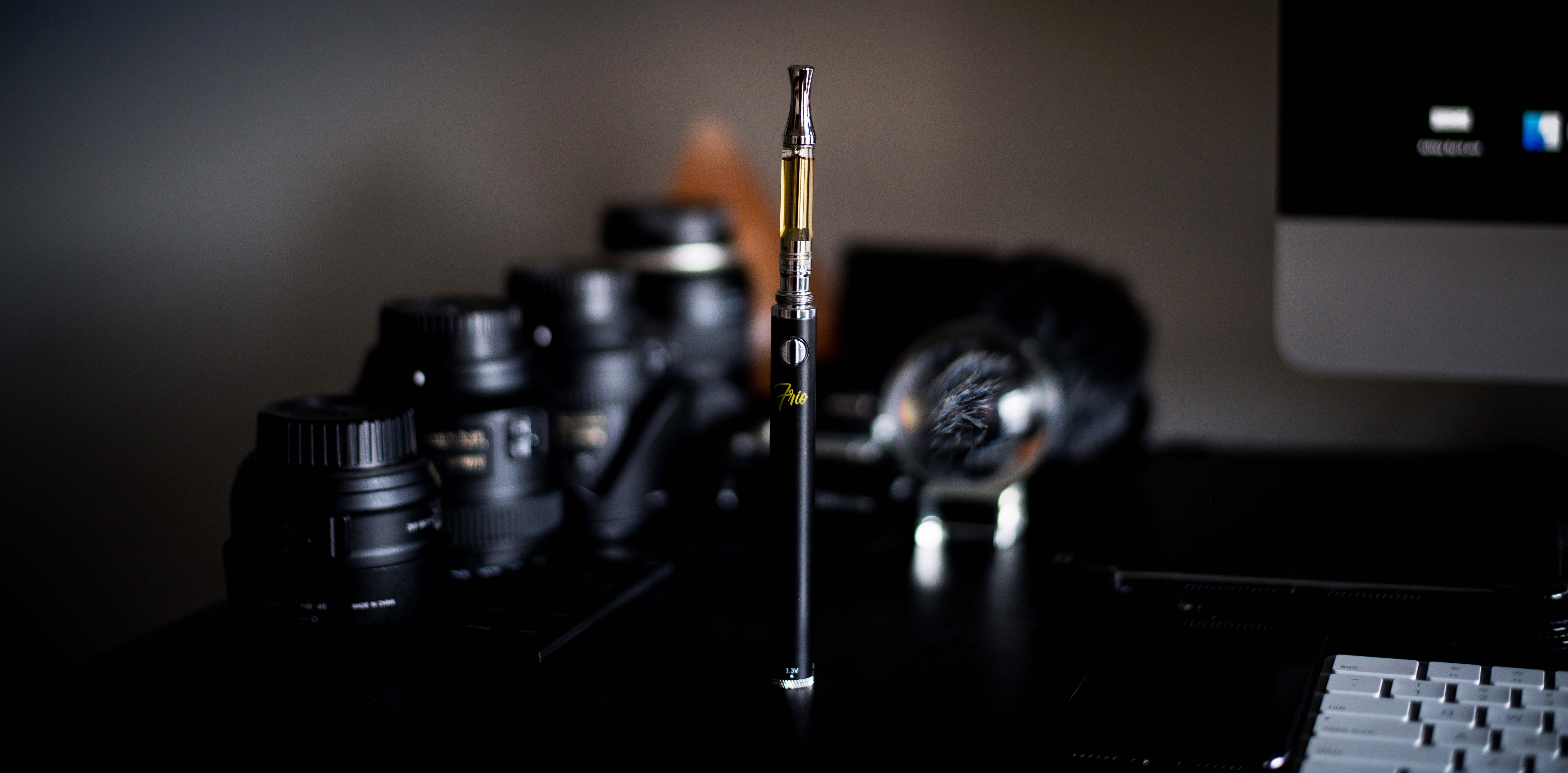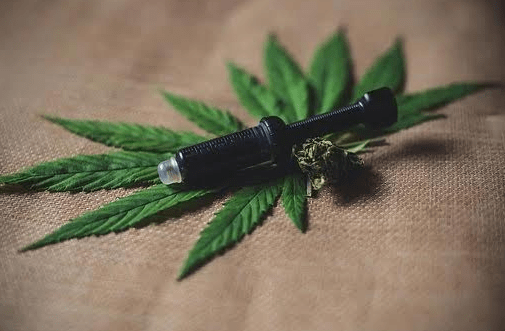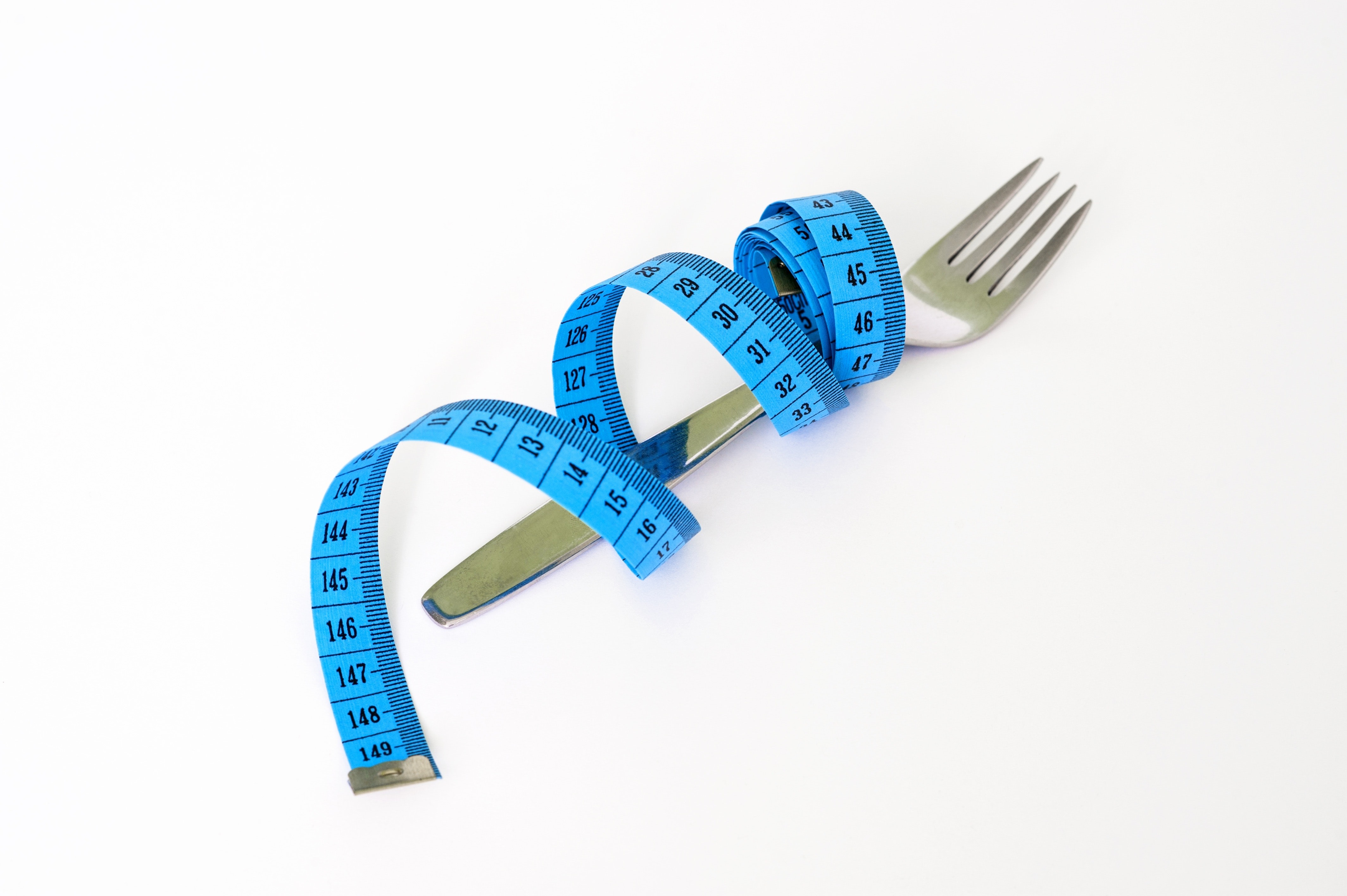CBD is a cannabis compound that can be bought in oils, chocolates, coffee, face masks, gummies, bath bombs, lotions, and it is almost everywhere can be used with Flyte Pen. And its proponents claim that it can help with a lot of things. CBD exists right at the intersection of three huge consumer trends; The 49 billion-dollar herbal supplement industry, the growing anxiety economy, and the almost overnight rise of a legal cannabis marketplace. There’s still a lot we don’t know about CBD. But people are buying it. CBD sales have grown much higher in the past few years and they are expected to grow even more in the future for a product this popular, CBD is barely regulated and people tend to misunderstand its effects.
So, first one should need to know about it. CBD or cannabidiol is one of over 110 chemical constituents in cannabis called cannabinoids. THC or tetrahydrocannabinol is a different cannabis chemical that causes the high associated with consuming marijuana, which is caused by the recreational usage of cannabis. But by itself, CBD won’t get you high. One can inhale it by vaping, or apply it to your skin, but a popular intake method is an edible oil since CBD is naturally soluble in fat. That easy-to-consume format is behind the explosion of many new products in the market today. There are also various places you can find products and news online, like here https://thecbdinsider.com.
But it’s also led to a lot of misconceptions. For starters, people say CBD can treat everything from inflammation to acne and even cancer. But there’s lack of studies that can prove that CBD products can treat all those ailments. CBD has antioxidant and anti-inflammatory properties that have been shown to help treat psychosis, anxiety, movement disorders, multiple sclerosis, epilepsy, and seizures. And the FDA recently approved Epidiolex, a CBD-based epilepsy drug. But there are not sufficient studies for CBD to be prescribed as medicine for all of those other conditions. Right now, we don’t know a ton about how CBD affects the human brain, or which doses or delivery methods work most effectively. Some people use it without proper prescriptions and really putting their health at risk. It’s largely unregulated and because of that, consumers often have no idea what they’re buying from Canada weed dispensary and CBD products often don’t contain what they say they do. Possible situations are as follows; A) They might not even have the cannabidiol that is claimed on the label but more importantly, B) is that some of them actually have THC in it.
In 2016, the FDA issued warnings to 8 CBD oil companies after finding that some contained either no or barely any CBD, and some contained illegal amounts of psychoactive THC. Another study done in 2017 proved that among 84 CBD products bought online, 70 percent were mislabeled just like some cases where you can buy Anavar online but not all of them are as qualitative as they calaim. In some cases, when some CBD products are accurately labeled, the doses tend to be very low. When you get a few drops of CBD oil in a drink, you’re probably getting about 5-10 milligrams of CBD. You’d need 30 times that to reach the amount of CBD that current research has found to have stress-relieving results.
So even though CBD has a ton of medical promise, the dose in the average CBD coffee is pretty negligible. When you go down the street and you buy your latte with cannabidiol that is still considered “federally illegal” depending on which state or country you’re in.Anybody from any country that has legalized weed can walk into a store or buy weed online Canada. Attitudes in health care are shifting: in December 2017, the World Health Organization concluded that CBD is not harmful. In January 2018, the World Anti-Doping Agency removed it from its prohibited substances list. It’s a substance with a lot of potentials. But the quantity and quality in today’s consumer products are often more of a scam than a reliable wellness supplement. What’s next for CBD depends on research. But right now, its popularity is proof that the absence of data doesn’t prevent people from selling products. Instead, when you can claim everything, you can sell anything.



